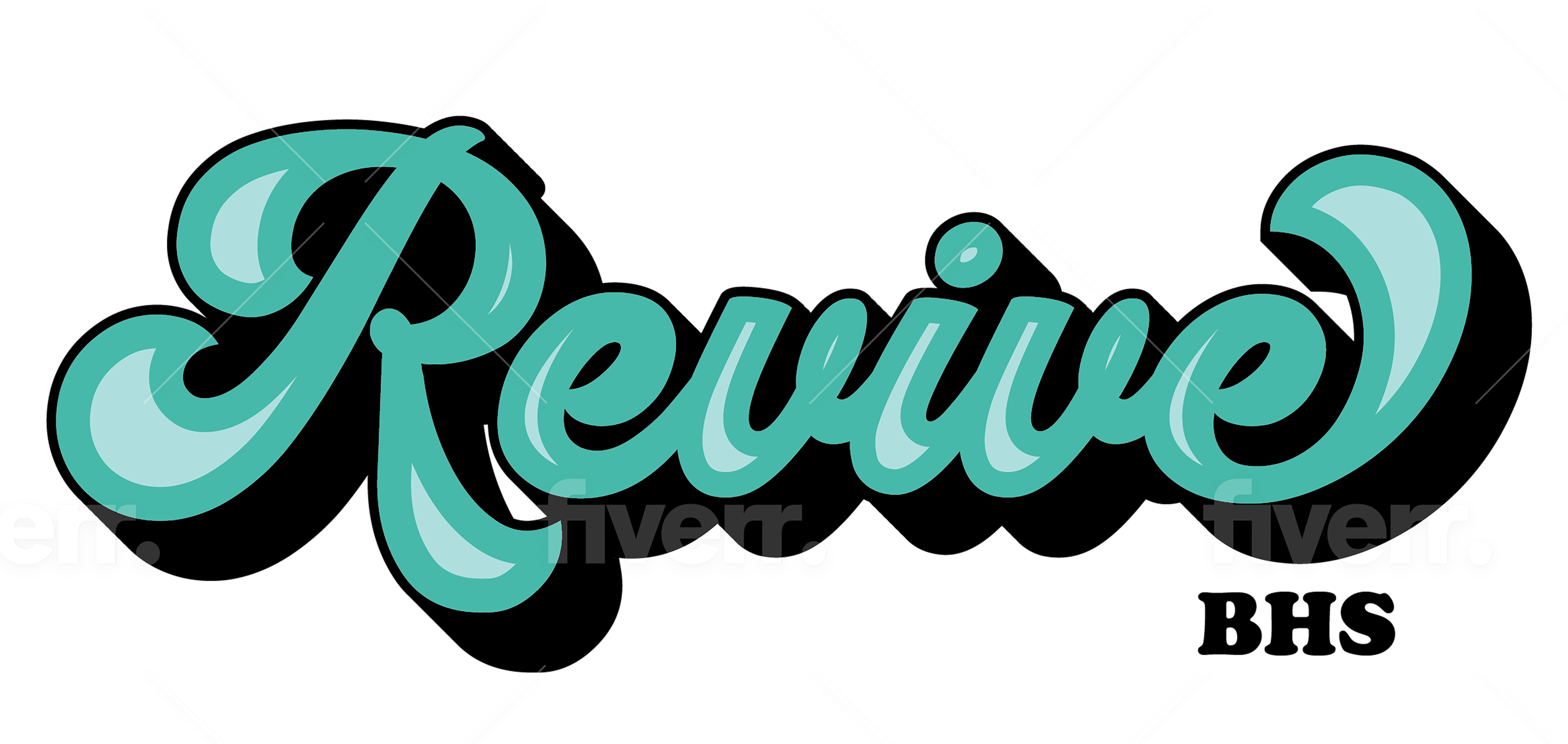Introduction to Maryland Certification of Recovery Residences (MCORR)
Recovery residences play a vital role in supporting individuals on their journey to recovery from substance use disorders. In Maryland, Certification of Recovery Residences (MCORR) goes through the Department of Health. Certified Recovery Residences are then able to enroll in the Maryland RecoveryNet (MDRN) funding that is available for eligible participants. Here’s a
Step 1: Understand the Certification Requirements
Before beginning the certification process, familiarize yourself with the standards and requirements set by the Maryland Certification of Recovery Residences (MCORR). These standards ensure that recovery residences provide safe, supportive, and ethical environments for residents.
- Key Requirements:
- Compliance with all local zoning laws and regulations.
- Provision of a safe and healthy living environment.
- Peer-based recovery support.
- Effective administration and operational practices.
Step 2: Determine Your Level of Recovery Residence
The National Alliance for Recovery Residences (NARR) has defined four levels of recovery residences, each with varying degrees of support and structure. Identifying your residence’s level is essential for MCORR certification.
- Level 1: Peer-Run:
- Characteristics: Democratically run, peer-managed residences with minimal structure.
- Services: Peer support, house meetings.
- Example: Sober living homes.
- Level 2: Monitored:
- Characteristics: Peer-run with a structured environment and some staff support.
- Services: Peer support, house meetings, life skills training.
- Example: Structured sober living homes.
- Level 3: Supervised:
- Characteristics: Supervised residences with administrative oversight and significant staff support.
- Services: Peer support, clinical services, life skills training, recovery-focused programming.
- Example: Halfway houses.
- Level 4: Service Provider:
- Characteristics: Residences that provide an intensive, clinically managed environment with professional staff.
- Services: Clinical services, life skills training, recovery programming, vocational training.
- Example: Residential treatment centers.
Step 3: Prepare Your Environment for Maryland Certification of Recovery Residences
Ensure your recovery residence meets all MCORR standards. This includes:
- Physical Environment: Maintain a clean, safe, and healthy living space. Ensure compliance with local building codes and health and safety regulations. There are also specific physical environment requirements which include square footage for bedrooms, number of bathrooms, exits, etc.
- Peer Support: Implement peer-based recovery support services that encourage mutual support and accountability among residents.
- Operational Standards: Establish clear policies and procedures for resident intake, house rules, conflict resolution, and resident rights.
Step 4: Apply for MCORR Certification
Submit your application for MCORR certification through the Maryland Department of Health. The application process typically involves:
- Documentation: Provide detailed documentation of your residence’s compliance with MCORR standards. This may include proof of local zoning compliance, health and safety inspections, and operational policies. Certain policies, applications, forms, etc are required to be submitted with your application.
- Inspection: Undergo an on-site inspection by MCORR representatives to verify that your residence meets all required standards.
Approval: Once your application is reviewed and your residence passes the inspection, you will receive your MCORR certification.
Step 5: Enroll in Maryland RecoveryNet (MDRN) Funding
After obtaining MCORR certification, you can enroll in Maryland RecoveryNet (MDRN) to receive funding and support services.
- Eligibility: Ensure your residence meets all MDRN eligibility criteria, including MCORR certification.
- Application: Submit an application to enroll in MDRN. This process may require additional documentation and information about your residence and its services.
- Approval and Enrollment: Once approved, your residence will be enrolled in MDRN, allowing you to receive funding and support services to enhance your operations and support your residents.
Conclusion
Becoming MCORR certified and enrolling in MDRN funding can significantly enhance the quality and sustainability of your recovery residence. These steps ensure that you provide a safe, supportive, and effective environment for individuals on their recovery journey.
At Revive BHS, we can assist you through every step of this process, from understanding the requirements to preparing your residence for certification and enrollment. Contact us for expert guidance and support to achieve your goals.
